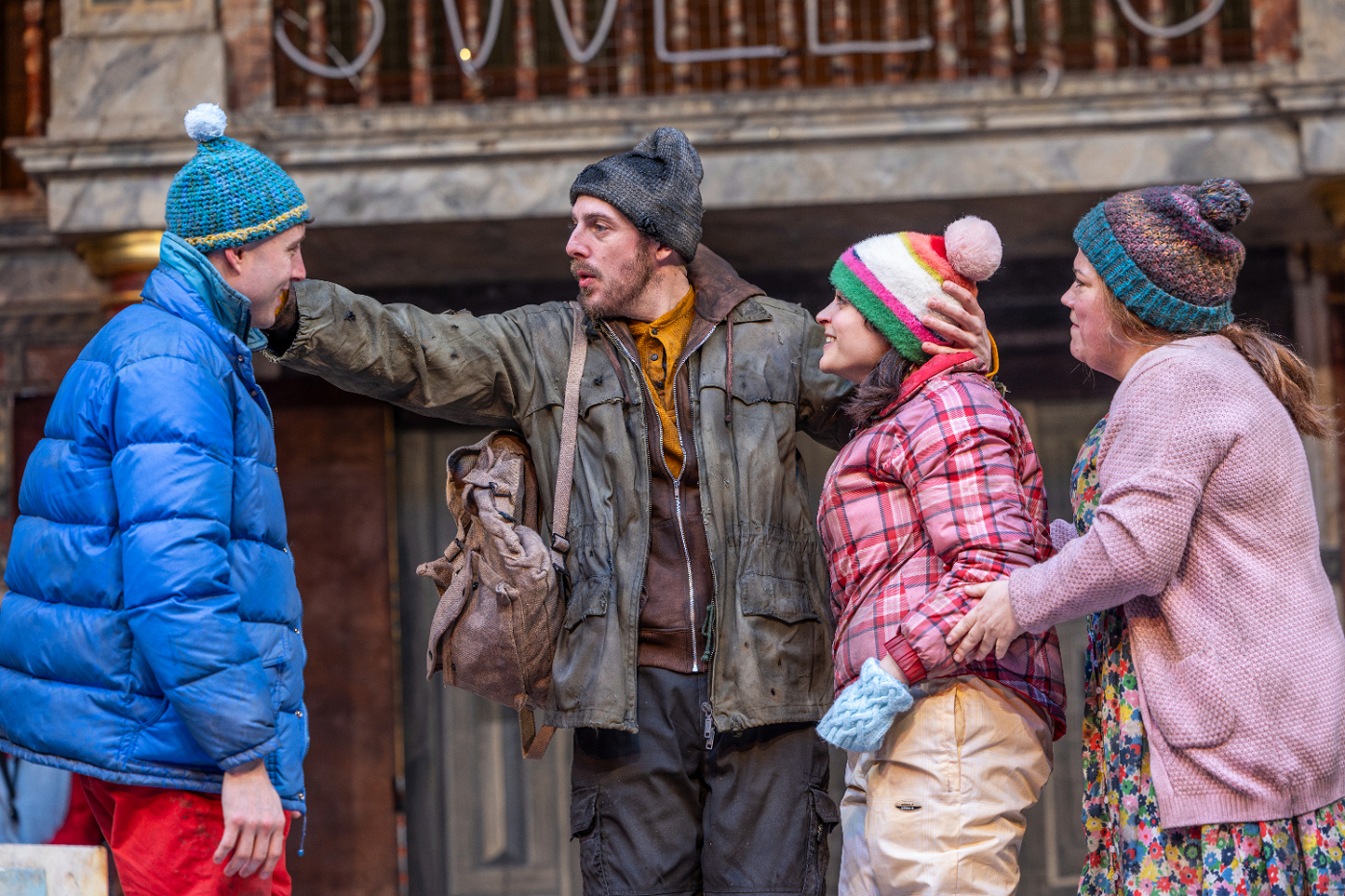Growing up within a few hundred yards of a major dock, I hardly knew darkness or quiet – the first time I properly felt their terrible beauty was on the Isle of Man ferry in the middle of the Irish Sea, its voids still vivid half a century on.
Only a couple of years or so later, I was alone (friends must have left early) and had miscalculated the time required to walk back from the sandhills of Freshfield Beach to the railway station, 20 minutes or so away. Within the briefest of windows, the familiar woods – friendly with the smell of pine and the cuddly toy-like red squirrels frolicking amongst the cones an hour earlier – had turned into a realm of shadows and dark passages, threatening sounds disturbing the too-quiet spaces sending The Unknown vaulting into my consciousness. An atavistic fear tied my stomach in knots and my step quickened as the path retreated ever more from my failing vision. I was as scared as a protected and fortunate child had ever been.

With echoes of Gaza (probably resonating more this year than on the show’s debut in 2023) a brother and sister are removed from a dystopian urban environment in the midst of conflict and left ‘for their own good’ in the woods by their parents, who know that their children have the skills to survive, even prosper. But the kids had overheard the plan and feel the psychological rejection as sharply as the physical isolation, and so prove easy pickings for a witch promising the transgressive allure of unlimited sweets. Gretel is enslaved to cook and clean and Hansel encaged to be fattened up – parallels with the fate of unaccompanied migrant children here and elsewhere and trafficked young women nag at one’s mind.
It’s not all dark on the stage, probably not even mostly dark, thanks to performances that accentuate the positive and songs (by the pleasingly alliterative Patrick Pearson and Magnus Mehta) that lend a punctuating jolliness to proceedings. It’s the equivalent of going for a Certificate U in a cinema (though they might need to cut the giggle-inducing mild swearing to get that), risking falling between the toddlers and the teens and hoping it lands perfectly.
Ned Costello and Yasemin Özdemir (pictured above with Harry Hepple and Beverly Rudd) present as a pair of everyman, squabbling siblings in their Primark anoraks and in their eye-widening reaction to the prospect of continuous candies. Familiar they may be, but we’ve been primed not to trust too much in this world by Jenni Maitland’s unreliable Narrator who, not for the last time in this production, suggests a debt to Mr Wonka. At the end of her scene-setting monologue, she flips over a tray of chocolate bars that do not fall to the ground, the equivalent of Gene Wilder’s genius-move forward roll at the factory gates. The Candygirl can…, so what might others?
We’re a long time - it’s in this slowish pacing for a family show that we see the downside of including so many songs - with cookie-cutter parents (Harry Hepple and Beverly Rudd) before the energy in the room kicks up at the halfway mark with the arrival of The Witch, Rudd again. Handbag on her arm and insincere smile on her lips, she’s halfway between Dolores Umbridge and Margaret Thatcher, which is pretty damn scary when I think about it. Her appearance is also the cue for the jauntiest song of a jaunty score, the bouncy “Sugar Rush” which includes the splendid line, “I certainly don’t want asparagus tips”. Does that kill or lift the mood? I guess that might depend on whether you're 11 or 61.
All too soon, The Witch is dispatched and there’s an overly long scene (true to the original story) with a swan guiding the kids home before they all live happily ever after, though their father may be only in their imaginations, that most primed of muscles at Christmastide.
Nick Bagnall’s production is a different kind of Christmas show, with a romantic view of snow that may not settle well for the unsheltered groundlings if it’s actually snowing 50 minutes in, but the kids enjoyed the ensemble with their masks and songs and the adults can indulge in a sugar rush of their own with a little nostalgia.
That said, the plotting needs a few metaphorical pebbles and breadcrumbs to provide a path to move swiftly from one crowdpleasing set piece to the next without too much talking. More choccies and less asparagus, one might say.














Add comment